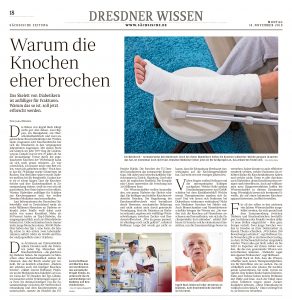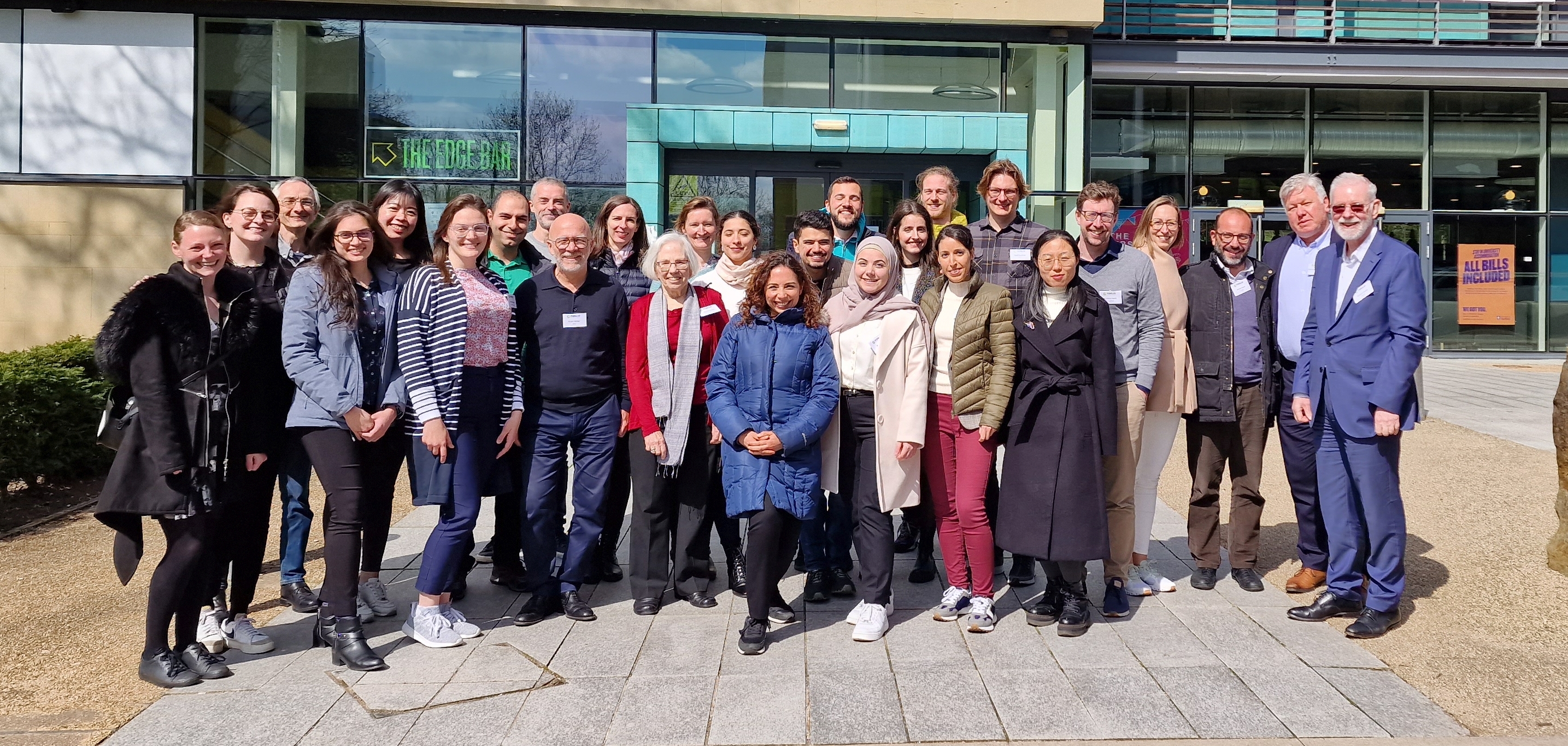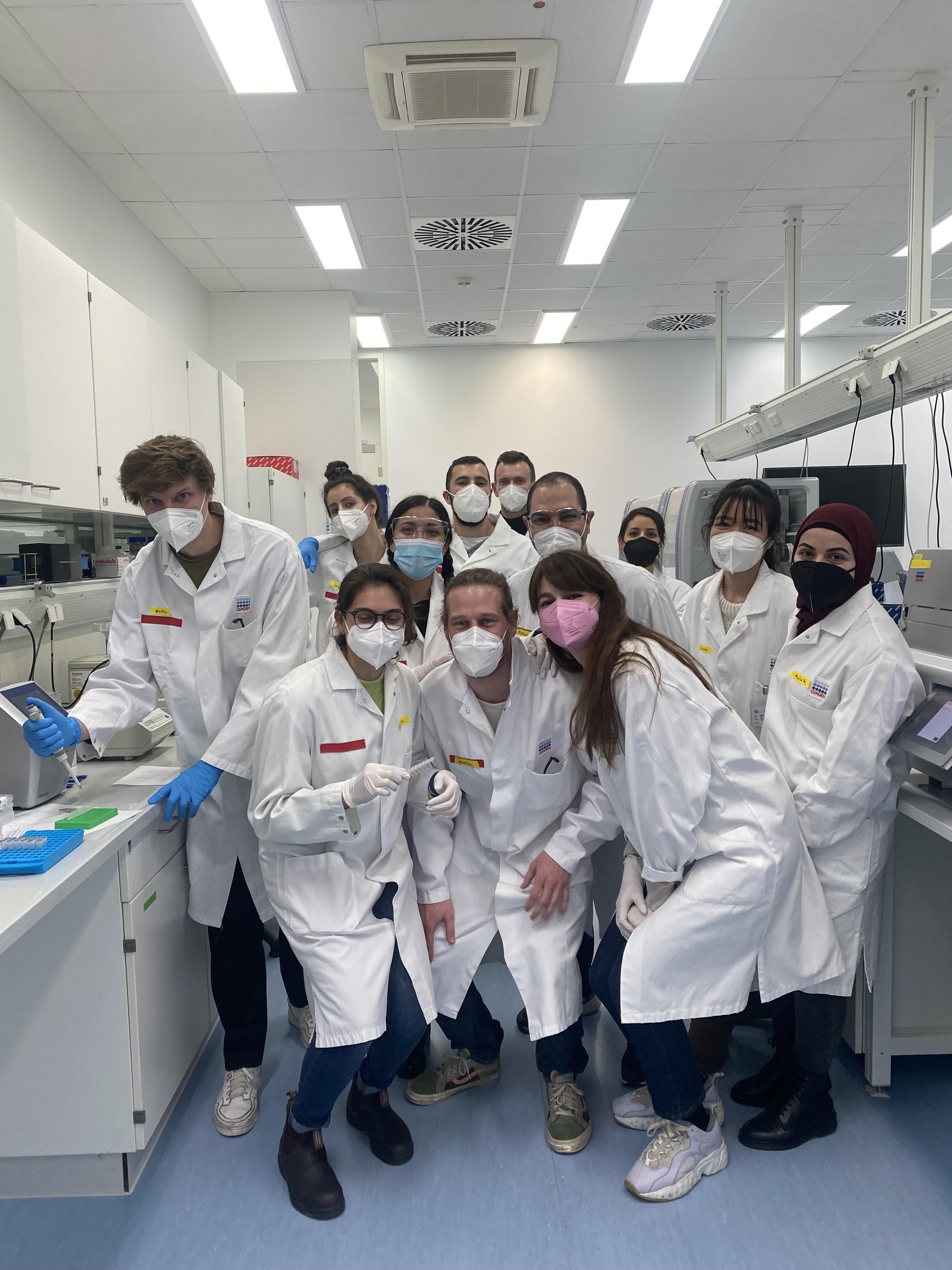The bone structure of a person suffering from diabetes is prone to fractures. An international EU-funded consortium has now set out to find new solutions.
Bone health is impaired in patients with diabetes and fracture healing is delayed. “Patients with diabetes and fractures are tough to treat,” explains Lorenz Hofbauer, Professor of Endocrinology, Diabetes and Bone Diseases at the Faculty of Medicine Carl Gustav Carus at TU Dresden. In addition, fragility fractures are two to three times more common in patients with type 1 diabetes throughout life. There are frequent mutual interactions between diabetes and bone metabolism, albeit the exact mechanisms are unclear. To improve bone health in diabetes, the EU-funded consortium FIDELIO was launched in October 2019. In this project, a team of international scientists from different areas is going to investigate amongst others the role of inflammatory processes and implications of vascular damage on the clinical outcome of affected patients. The FIDELIO consortium aims to train the next generation of scientists to tackle research in diabetes and bone with an interdisciplinary approach to gain novel insights into the interplay of the glucose and bone metabolism. Based on this knowledge, the scientists and physicians expect to treat diabetes and bone diseases more effectively in the future.







